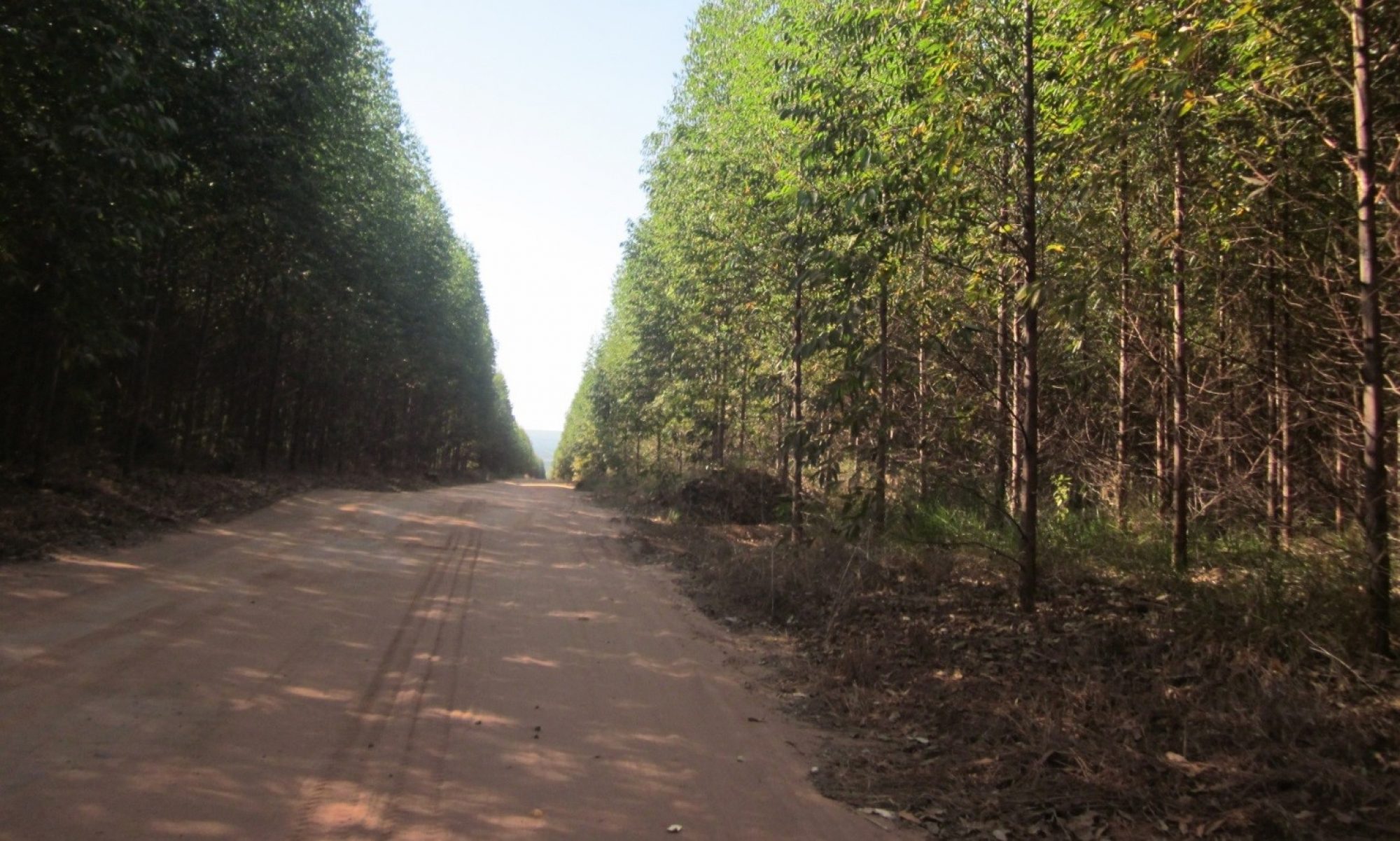International Policies
Blas MOLA-YUDEGO, Tahamina KHANAM, Xiaoqian XU, Moritz ALBRECHT, Dominik RÖSER
Summary
Policies for bioenergy market including many types, like public policy and fiscal policy. Law and regulation are the foundation of the policy, fiscal policy, education policy, standard and so on are relatively based on industries. Different stakeholders will be influenced when different policies establish.
Transnational bioenergy policy (e.g. EU directives or programmes) should not be regarded to simply provide policy transfer from EU level down to local levels of implementation but must be understood as a complex, and heterogeneous process. Thus, to understand the potential impacts and outcomes of policies on markets and on society (e.g. sustainable development) we must at least be aware of the possible effects of translation processes that policies undergo on their way from design to implementation. While such translation and mutation processes may change the initial aims of policies depending on the socio-spatial relations of the translating stakeholders, they further remind us to use normative socio-economic potential analysis or policy best-practices with caution if we aim to understand policy effects.
Objectives
The main objectives of this session are:
- To introduce optimization modeling methods to help formulate effective bioenergy policies
- To learn an important policy instrument “Carbon tax” & “Green Certificate”
- To examine the choice of bioenergy technology (CHP or liquid biofuels) with respect to policy instruments such as carbon tax, biofuel support
- To investigate the use of limited natural resources for energy in both cost and environment sustainable manner
- To understand the underlying processes that affect policy translation and mutation
Additional topics entail:
- International bioenergy policy; thematic examples from: Canada, Germany, or Norway
- To identify the weakness or policy gap in implementing such policy instruments
Readings
Khanam, T., Matero, J., Mola-Yudego, B., Sikanen, L., & Rahman, A. (2014). Assessing external factors on substitution of fossil fuel by biofuels: model perspective from the Nordic region. Mitigation and Adaptation Strategies for Global Change, 1-16. [PDF]
Albrecht, M. (2016). The role of translation loops in policy mutation processes: State designated Bioenergy Regions in Germany. Environment and Planning C: Government and Policy, 0263774X16669354 [PDF]
Complementary materials
Albrecht, M., Kortelainen, J., Sawatzky, M., Lukkarinen, J. & Rytteri, T. (2017). Translating bioenergy policy in Europe: Mutation, aims and boosterism in EU energy governance. Geoforum, 87, 73-84.[PDF]
Albrecht, M. (2015). Enlightenment in Norway’s Oil-Shadow? Governance Assemblages of a Wood-based District Heating Network in Norway’s Inland Region. Journal of Environmental Policy & Planning, 17(3), 381-401.[PDF]
Khanam, T., Rahman, A., Mola-Yudego, B., Pelkonen, P., Perez, J., Pykäläinen, J. (2017). Achievable or unbelievable? Expert perceptions of the European Union targets for emissions, renewables, and efficiency [PDF]

